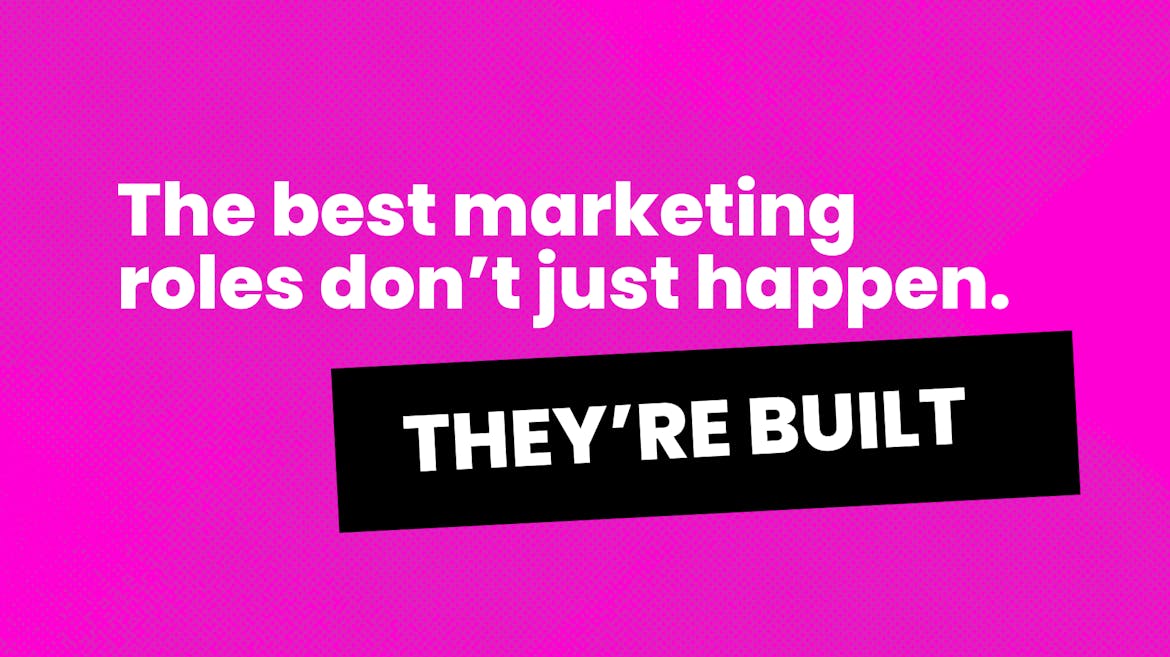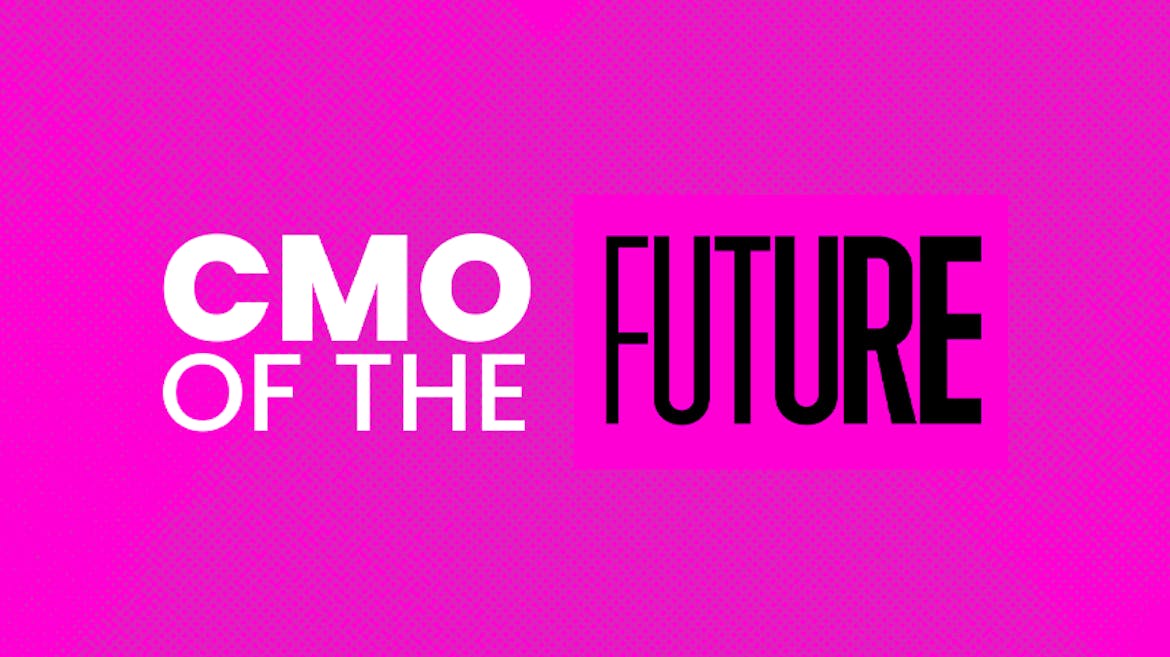Consumer expectations are accelerating, AI is mushrooming across the industry, and the line between entertainment and advertising has blurred almost completely.
We gathered senior marketers across sectors to debate: What really makes marketing work today?
1. Growth remains the ultimate metric
Panellists agreed that marketing’s role is still to drive growth, but how this is achieved has shifted. Today, CMOs must be bilingual - fluent in both customer-centric language and boardroom finance. One participant summarised neatly: “If you can’t frame trust and desire in terms a CFO understands, you won’t get investment for the future.”
2. Marketing is no longer linear, it’s multi-dimensional
Gone are the days of a neat funnel. Technology has created a world where persuasion, influence and conversion happen in parallel. One panellist described this as “quantum marketing”, where imagination, not tools, is now the limiting factor. The lesson: stop treating channels in silos and start creating experiences that feel seamless to the customer.
3. Technology is here to free creativity, not replace it
AI was a hot topic. The consensus: most AI tools flooding the market are “smoke and mirrors”, but the winners will be those who connect them to a single source of customer truth. AI’s value is in taking away the dull, repetitive tasks so that humans can focus on creativity. “Churning out more AI content is just more AI content,” said one panellist. “What matters is creativity with humanity at its heart.”
4. Trust and authenticity beat efficiency every time
From pet food to beauty to financial media, trust was cited as the foundation of growth. In beauty, this means using real models, not AI-generated faces. In journalism, it means elevating reporters as trusted influencers rather than outsourcing to external voices. Across the board, efficiency-driven content was seen as dangerous if it erodes credibility.
5. Personalisation must be deep, not decorative
Precision personalisation emerged as a unifying theme. One brand described building one-to-one tailored products at scale, investing millions in algorithms to deliver genuine value. Another warned that surface-level customisation risks alienating customers. True personalisation blends data-led tailoring with “curated serendipity” - leaving space for discovery and delight.
The panel’s verdict was clear: marketing’s future lies at the intersection of creativity, technology and trust. Tools may accelerate the journey, but the destination will always depend on marketers’ ability to imagine, empathise and connect.


